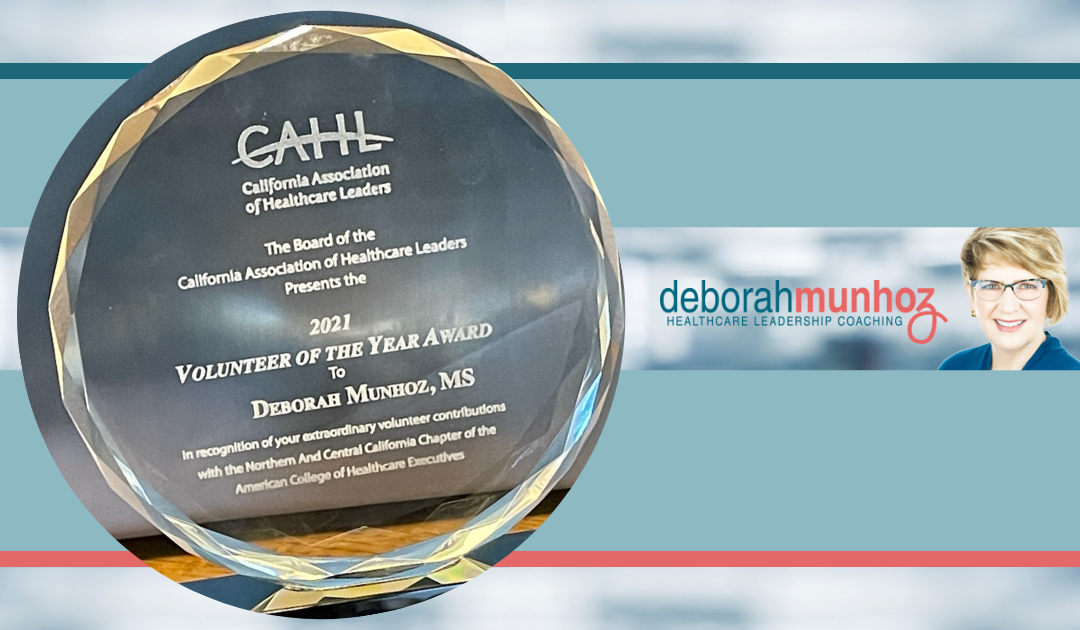For most healthcare leaders, the pandemic required focusing only on the challenges at hand and many programs considered non-essential were paused. The California Association of Healthcare Leaders recognizes the ongoing need to develop our leaders and continues to provide support through its mentoring program.
What Does The CAHL Mentor Program Do?
The CAHL Mentor Program provides a structure for healthcare professional development where mentees are matched with seasoned professionals to enhance skills, knowledge, and education of less experienced professionals. It is a relationship based on trust and mutual respect. Both parties benefit from the relationship, the mentees learning from their mentors and mentors gain new skills while giving back.
Committed to Diversity and Inclusion
For 2021, I served as chairperson of the program. Our committee of five trained, matched, and supported 37 pairs of mentors and mentees in the formal, three-month program. We also worked with 20 mentees outside the formal program. Over half of the mentees taking part were female, or leaders of color.
These demographics reflect CAHL’s commitment to diversity and inclusion within healthcare ranks. The commitment is part of the American College of Healthcare Executive’s mission to promote diversity among leaders, members, and staff. ACHE is the parent organization of CAHL. ACHE “works to foster an inclusive environment that recognizes the contributions and supports the advancement of all, regardless of race, ethnicity, national origin, gender, religion, age, marital status, sexual orientation, gender identity, or disability.”
Working with this committee and all the mentors and mentees stands as one of my most rewarding volunteer experiences, especially knowing that I was able to help female and minority leaders in healthcare gain skills to boost their leadership. The CAHL board recognized my contributions with the 2021 Volunteer of the Year Award.
Why Is Mentoring So Important?
As an organization dedicated to supporting healthcare workers, CAHL is familiar with the impact mentoring can have. Unfortunately, for many healthcare providers and organizations, mentoring is unchartered territory. Only 56 percent of organizations have a formal program for mentoring. Of those who do have mentoring programs, training is rare and typically ineffective.
Mentoring so important because it provides:
- an easier way for women and people of color to find mentors, which is key to the diversity needed in healthcare to reflect the patients served.
- an opportunity for mentor and mentee to navigate through generational, diversity, and professional training differences.
- a critical component to career success. Mentoring provides opportunities for protégés to gain a broader perspective and learn more about their business, as well as to network and build social capital.
- an opportunity especially for women’s career success because they often have difficulty building social capital at work, particularly in settings where there are fewer women (Chrisler & McCreary, 2010).
Use Mentorship to Give Back and Grow
For those who volunteer to mentor, the rewards extend beyond the satisfaction in helping others succeed. Mentoring sharpens leadership by honing listening skills, broadening your perspective, and improving your story telling skills. For me, it was an honor to work alongside all the volunteers dedicated to making sure the CAHL Mentor Program serves the healthcare workers in Northern and Central California who are dedicated to being effective leaders.
To learn more about the CAHL Mentor Program visit here.

